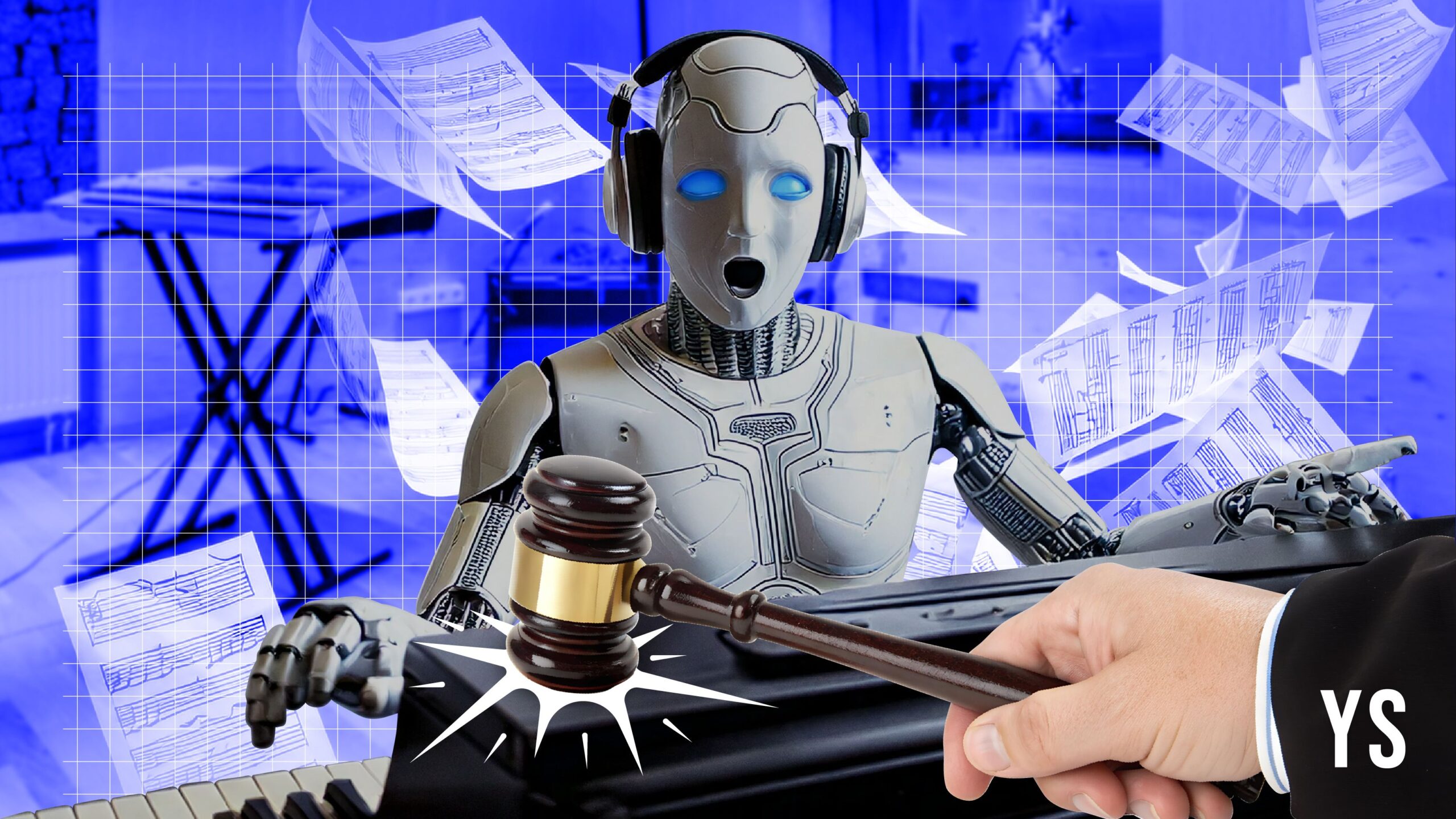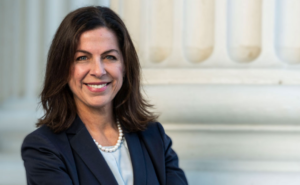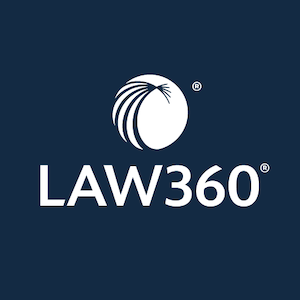Who Owns the Music? OpenAI and Major Labels Engage in Debate Over Fair Use and Licensing Rights

The OpenAI Lawsuit: Indian Music Labels Take Action
Overview of the Case
In recent events, top Indian music labels, including T-Series, Saregama, and Sony Music, have launched a significant lawsuit against OpenAI in New Delhi. These companies allege that OpenAI’s popular AI model, ChatGPT, has been trained using their copyrighted music and lyrics without approval. This lawsuit highlights growing concerns across the creative industry regarding the intersection of artificial intelligence and copyright law.
Background of the Allegations
The lawsuit claims that OpenAI utilized these sound recordings improperly to develop its AI technology. This isn’t the first lawsuit facing OpenAI. A similar case was initiated last year when a news agency accused the organization of using its original content without authorization. Music labels are increasingly worried that AI technology might encroach upon the rights of artists and creators.
Legal Arguments and Jurisdiction Issues
OpenAI contends that Indian courts do not have jurisdiction over them, as they operate primarily out of the U.S. However, the music companies argue they must comply with Indian laws due to their substantial user base in the country. Legal experts emphasize that while OpenAI may claim fair use of publicly available data, Indian copyright laws have specific limitations that complicate this defense.
Kartik Dey, a patent attorney, indicates that OpenAI’s for-profit model may alter its claim of fair use since it could directly compete with original works created by artists. If these labels prevail, potential outcomes may include requiring OpenAI to stop using the content, removing it from platforms, or facing significant penalties.
Implications for Copyright Law
This lawsuit raises critical questions about current copyright laws and how they apply to artificial intelligence. The music labels argue that methods of training AI involve using protected works without proper licenses or compensation. Experts indicate that if AI is trained on copyrighted material, it may constitute a violation, particularly if the purpose of training is considered commercial.
As it stands, no definitive legal decision has been made regarding the intersection of AI and music copyright. However, relevant cases may shape the future interpretation and application of copyright laws concerning AI technologies.
Industry Reactions
The music industry broadly supports the lawsuit, viewing it as a necessary step against unregulated AI usage of creative content. Recent actions in global markets, such as Germany’s GEMA suing OpenAI for similar misuses, reflect a growing apprehension about AI’s role in music creation. In 2023, Universal Music Group (UMG) also fought to remove an AI-generated track impersonating popular artists, further illustrating these industry’s feelings towards AI encroachment.
Prominent figures in music, including artists like Billie Eilish and Celine Dion, have expressed their concerns over generative technologies and their potential to undermine artistic creativity and rights. Such voices advocate for clear regulations that would require AI companies to obtain permission and compensate artists for their work.
Licensing Challenges in AI
One of the fundamental issues is that existing licensing frameworks weren’t designed with AI in mind. Presently, there is no standardized method for licensing music specifically for AI training or providing fair remuneration to artists. Experts argue that there is a need for updated legal agreements that recognize and compensate original artists when their works contribute to developing AI technologies.
Shanit Ghose, who founded an AI-powered music library, emphasizes that without clear ownership structures for AI-generated content, artists risk losing control over their styles and creations. The need for ethical frameworks in AI development is increasingly vital for preserving artists’ rights in the face of technological advancements.
In summary, as the case unfolds, its implications for copyright law and the music industry will be significant, prompting discussions about the intersection of creativity and technology. Legal resolutions may lead to new structures for compensating artists, ensuring that their contributions are recognized and valued in an evolving landscape influenced by artificial intelligence.






